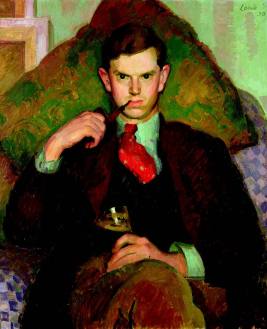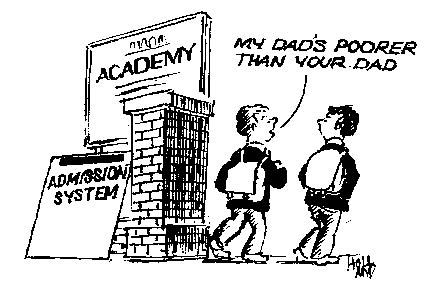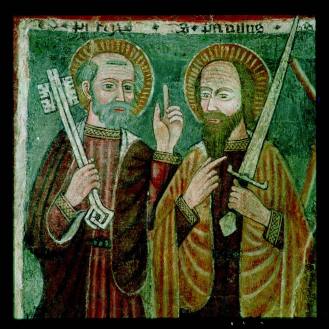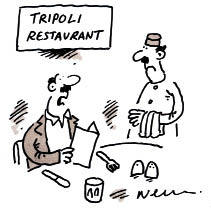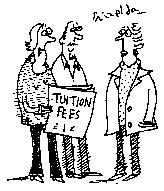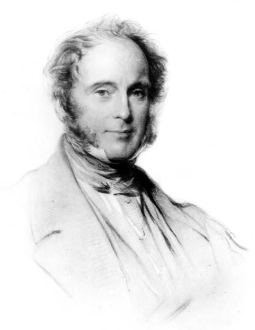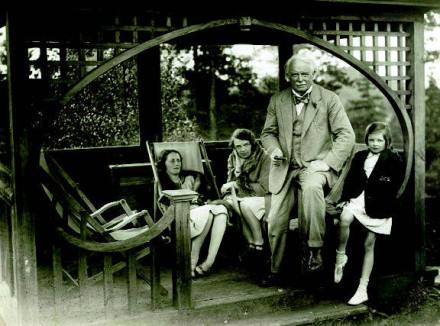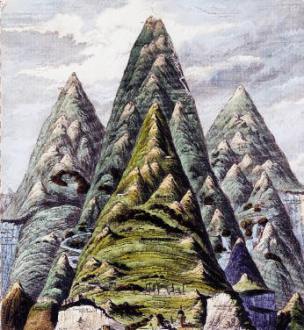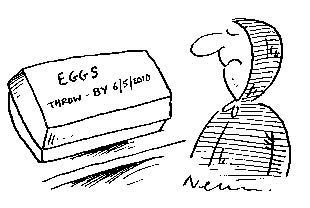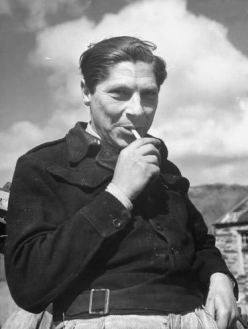Season’s greetings
My recollections of Christmas Past are dominated by the fabrication of the family card. It was one of my father’s principles that Christmas was a family event and that any cards sent out should be created within the family. It was quite wrong to buy one. Happily he was an artist of the old-fashioned sort,



